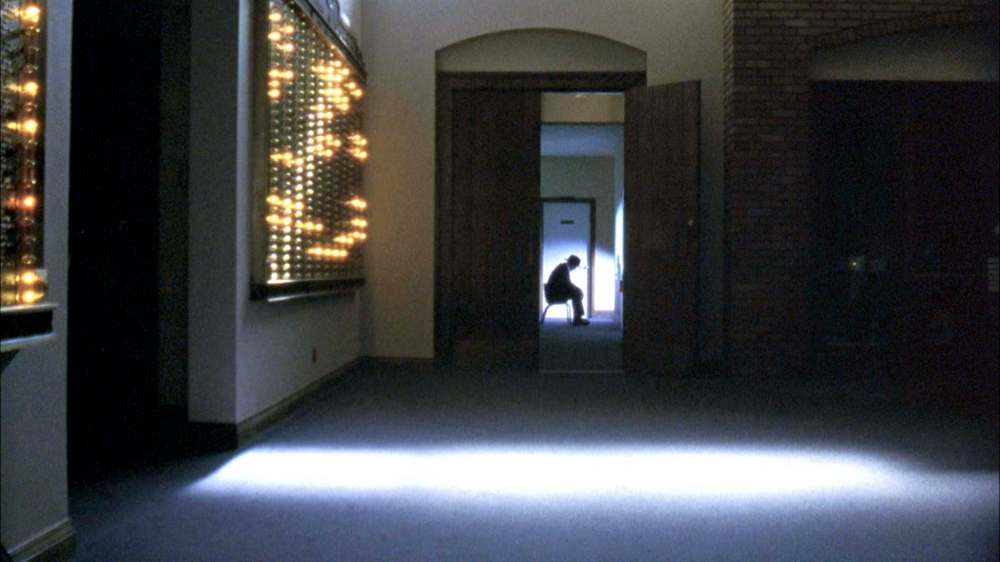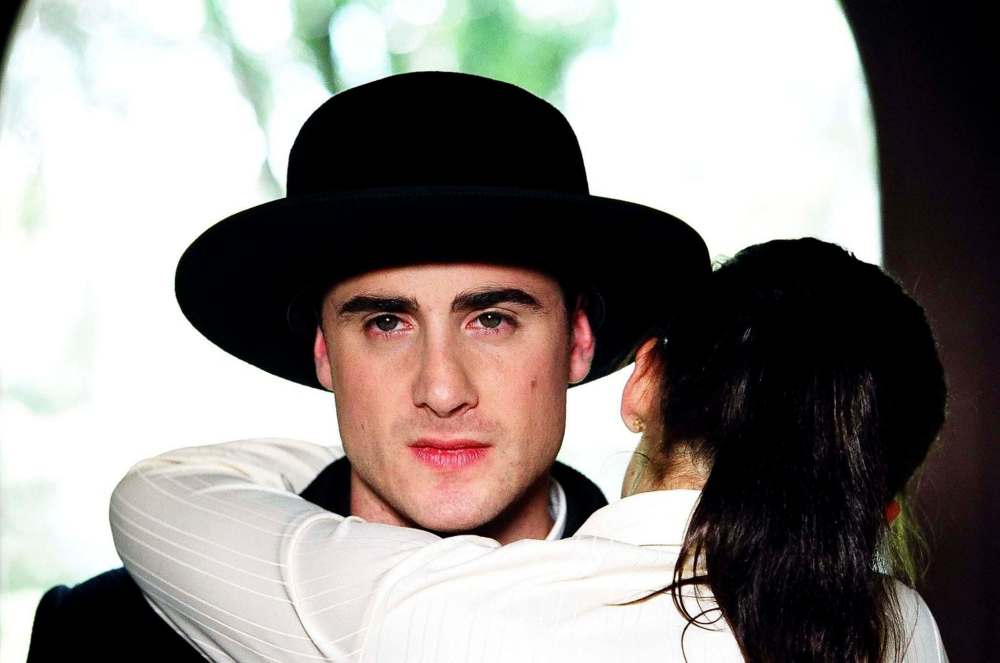Deadly silence
Winnipeg-raised filmmaker explores devastation caused by cleric's depravity, enablers' coverup
Advertisement
Read this article for free:
or
Already have an account? Log in here »
To continue reading, please subscribe:
Monthly Digital Subscription
$1 per week for 24 weeks*
- Enjoy unlimited reading on winnipegfreepress.com
- Read the E-Edition, our digital replica newspaper
- Access News Break, our award-winning app
- Play interactive puzzles
*Billed as $4.00 plus GST every four weeks. After 24 weeks, price increases to the regular rate of $19.95 plus GST every four weeks. Offer available to new and qualified returning subscribers only. Cancel any time.
Monthly Digital Subscription
$4.99/week*
- Enjoy unlimited reading on winnipegfreepress.com
- Read the E-Edition, our digital replica newspaper
- Access News Break, our award-winning app
- Play interactive puzzles
*Billed as $19.95 plus GST every four weeks. Cancel any time.
To continue reading, please subscribe:
Add Free Press access to your Brandon Sun subscription for only an additional
$1 for the first 4 weeks*
*Your next subscription payment will increase by $1.00 and you will be charged $16.99 plus GST for four weeks. After four weeks, your payment will increase to $23.99 plus GST every four weeks.
Read unlimited articles for free today:
or
Already have an account? Log in here »
Hey there, time traveller!
This article was published 12/05/2016 (3558 days ago), so information in it may no longer be current.
The old wounds of a scandal that ripped through Winnipeg’s Orthodox Jewish community decades ago may be torn anew in World to Come, a film by Daniel Eskin and Trevor Mowchun premièring at Cinematheque this week.
In the film, a man named Doveed (Daniel Silver), haunted by disturbing visions, returns to his hometown to attempt re-entry to his religious community following the suicide of a childhood friend.
While the film’s story is told in an oblique, artistic style, it is very much based in the real case of Rabbi Ephraim Bryks, who, as principal of the Torah Academy in Winnipeg, was investigated on charges of child molestation in 1988. Never charged, Bryks had moved to New York in 1993 when a former student in Winnipeg, Daniel Leven, accused the rabbi of having fondled him at the school when he was eight years old. Leven committed suicide at the age of 17.

Eskin, 34, is in Australia completing his masters degree in screenwriting at York University. He says his family had been especially affected by the episode.
“My father was the cantor of the Herzlia Synagogue in the early ’80s,” Eskin says. “My whole family was connected to the synagogue and the Hebrew School that was part of it, as my three brothers and myself all attended that school.”
Eskin says when he was about four years old, his parents and grandmother confronted the rabbi about allegations he had been having affairs with some of the women he counselled, among other issues.
“They confronted him in his office and he threatened to call the cops on them,” Eskin says. “Basically from that day forward, the relationship between my family and the Jewish community of Winnipeg changed significantly. We became social pariahs.
“All our previous friends chose sides, and with a cult-like mentality, chose to ostracize us in blind faith — or possibly just wilful blindness to the major issues happening in that school.
“I personally remember walking by a classroom at the age of four and seeing the rabbi teaching a class and having a young female student sit in his lap,” Eskin says. “Even when it became very clear that there was inappropriate behaviour between him and students, my family was approached by members of the religious community who felt that taking us children out of a ‘religious’ Jewish school and placing us in a more secular Jewish school was to our detriment, as the rabbi in question only was doing this with girls and we, of course, were four boys in my family.”
Eskin says he didn’t really know Leven.
“I would have met Daniel as a boy, but I honestly do not remember him,” he says. “When I look at pictures of Daniel at that time, he reminds me in some ways of the way I looked as a child.
“As an adult, I did become very close with his mother, Sarah. I was often a guest to her Shabbos (Sabbath) table and spent a lot of time with her and some of her lovely family, who have suffered so greatly in what happened to Daniel and in his passing,” he says. “In a lot of ways, I got the know the spectre of Daniel through much of my life. His ghost was very much part of my early teenage years, as I remember the circumstances after his tragic suicide and the reaction of my family.”

In co-directing, Eskin and Mowchun agreed their approach would be that of a poetic art film, as opposed to a hard-hitting drama in the vein of last year’s Spotlight.
“We were much more interested in showing the psycho-geography of a community ravaged by a tragedy no one can accept, because accepting it would mean undermining the very foundations of the community as a whole,” says Mowchun, also 34. “For us, silence is violence.”
“I fundamentally wasn’t interested in telling a straightforward story, because in a lot of ways, there wasn’t one here to tell,” Eskin says. “A horrendous tragedy had happened and I instantly decided that I didn’t want to tell the story of the abuse, but that I was far more interested in the aftermath and in telling a story framing abuse around communal guilt in regards to those enablers and silencers, rather than the guilt of the abuser.
“I just wanted to make a quiet and reflective film that tried to honour the serious nature of the issues at hand without falling into… mere tropes,” Eskin says.
randall.king@freepress.mb.caTwitter: @FreepKing
Our newsroom depends on a growing audience of readers to power our journalism. If you are not a paid reader, please consider becoming a subscriber.
Our newsroom depends on its audience of readers to power our journalism. Thank you for your support.
History
Updated on Thursday, May 12, 2016 7:45 AM CDT: Paragraph fixed.


